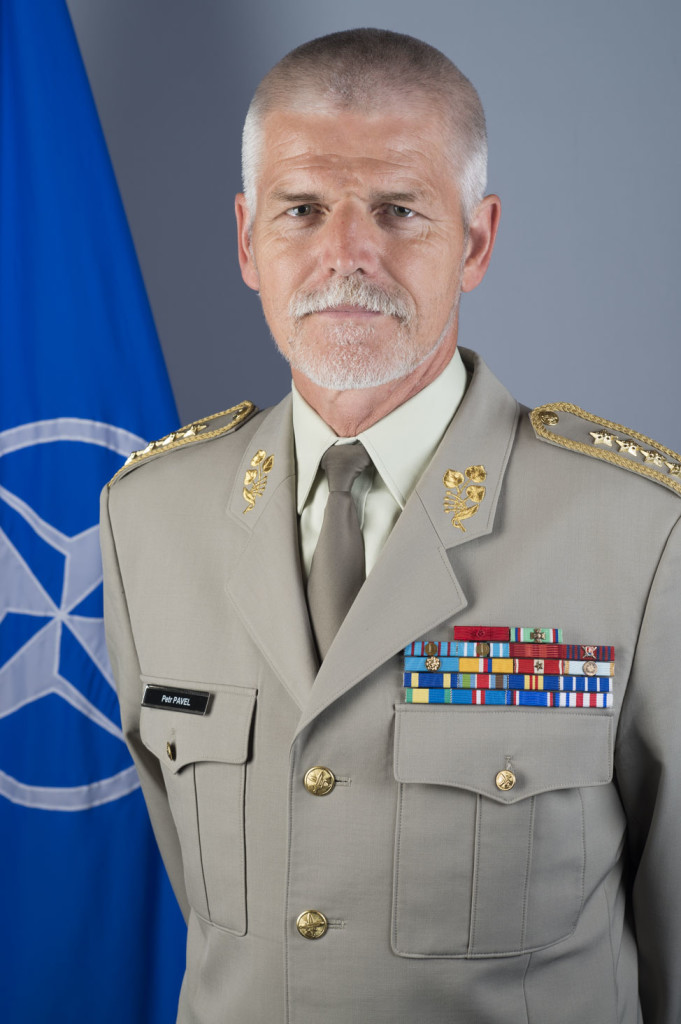
(Photo from Wikipedia)
HALIFAX—Security efforts will have to be stepped up on a global scale to combat the threat posed by ISIL in light of last week’s terror attacks in Paris, says a senior NATO official.
In an interview Friday at the annual Halifax International Security Forum, General Petr Pavel said while there have been no formal discussions about next steps for the alliance, any response against ISIL would have to be more effective than current efforts.
“In my view we would need a much broader approach to addressing anti-ISIL events and efforts by bringing together all tools necessary to address ISIL effectively,” said Pavel, who is chairman of the NATO Military Committee.
However, he said those measures should not be military alone, and there needs to be better coordination with other global organizations in order to disrupt the terror group’s supply lines and business dealings.
Pavel, who is in Halifax, N.S., to attend the International Security Forum, said there are ongoing efforts to improve intelligence sharing, an initiative that did see substantive information shared between the U.S. and France in the aftermath of last Friday’s attacks.
“I think this will need much more attention now because surprisingly very few nations share intelligence about extremism, about terrorists,” said Pavel. “This area needs improvement.”
Pavel also said increased efforts to train local forces to engage ISIL on the ground in Syria and Iraq would be more effective than just an air campaign alone.
Prime Minister Justin Trudeau has committed Canadian forces to a more robust training mission in Iraq while pledging to withdraw CF-18 warplanes from combat before March.
Pavel didn’t directly address Canada’s policy, but talked about the importance of utilizing local forces in the region should NATO take a more active role as an organization.
“It can’t be a NATO-led anti-ISIL operation,” he said. “If it is perceived from the outside as another NATO intervention into the region it will not bring in the end too much good.”
Pavel said there would also have to be an attempt to coordinate any initiatives with the Russians because of their presence in Syria.
He said both NATO and the Russians want stability, although the views on what constitutes that are different.
“But what we have in common is the eradication of extremism in the region, so I think there is some ground for better coordination.”
He says any effort must involve local ground forces so as not to be perceived as simply a NATO intervention in the region.